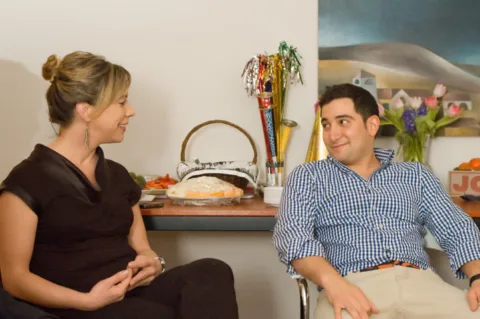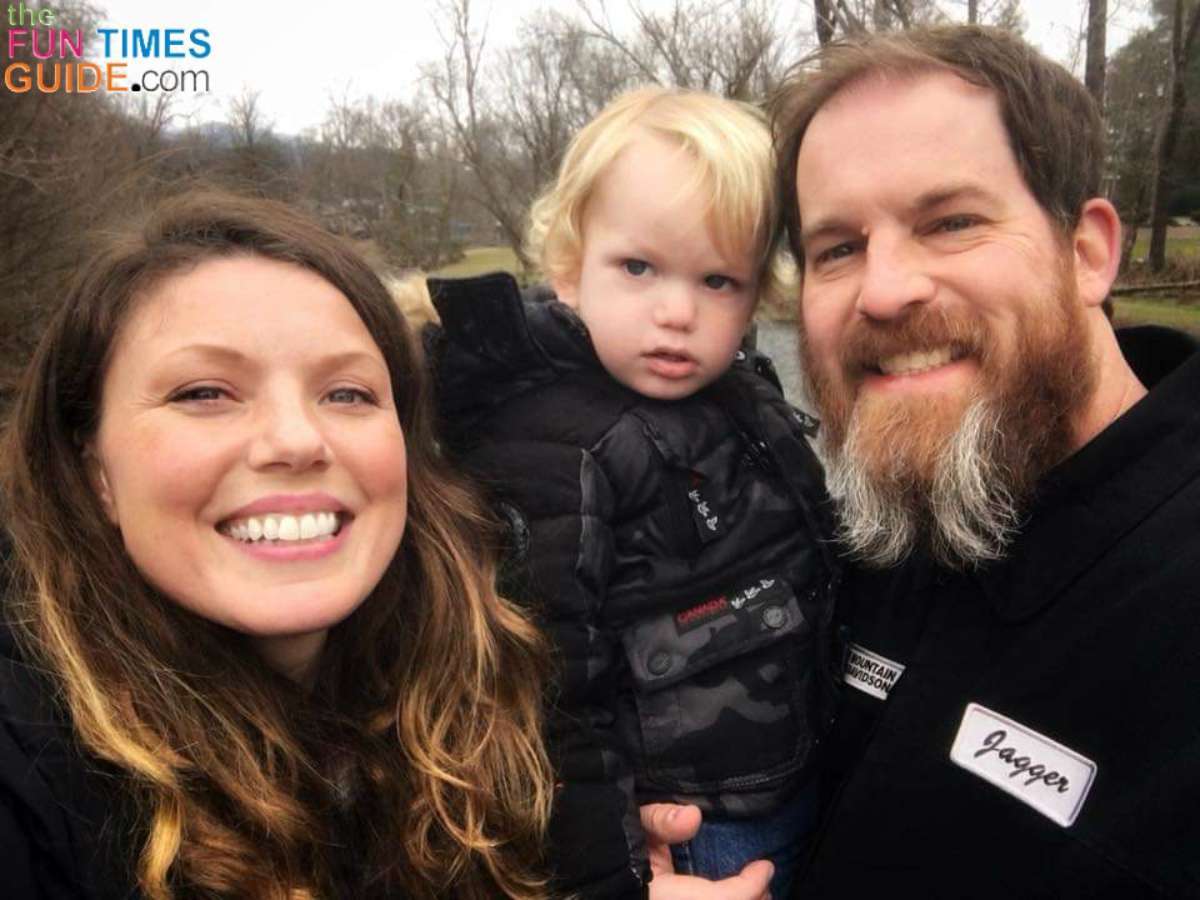When I was 21 years old, one of my biggest wishes was to stop stuttering.
It had gotten to the point that I was afraid to answer the phone, make a pizza delivery call, or do just about anything else that was going to potentially cause me to stammer.
It’s not as though my parents didn’t try to help me. I had been stuttering off and on throughout my childhood, and my parents even arranged a meeting with a university speech therapist when I was 17 years old and started complaining about the issue.
As I matured from my late teens into my early 20s, the stuttering didn’t get any better. The situation left me miserable — especially as I had already begun college and was hoping to begin a new chapter in my life.
I was finally able to stop stuttering months before turning 22 years old — when my mom found online resources that provided me with the tips I needed to shed the stammer and speak more confidently.
I learned that, according to The Stuttering Foundation, more than 3 million people in the United States stutter. Many of these individuals are kids — though stuttering is also common among adults.
In fact, many famous people are stutterers or have had stuttering issues in their pasts. A few famous stutterers include:
- James Earle Jones – This legendary actor overcame stuttering during his younger years and has long been known for his distinctive voice.
- Marilyn Monroe – This Hollywood beauty may have stuttered, but it never got in her way — she mystified people with her looks and elegance, both on screen and off.
- Mel Tillis – A country star who earned a lifetime achievement award and induction to the Grand Ole Opry, Tillis has had decades of success in the music industry and has often made light of his stutter before the public — it never held him back!
- Carly Simon – The singer of “You’re So Vain” and many other hits spanning back to the 1970s never let the “anticipation” of a stutter hold her back. She has a made a successful career from her voice.
- Tiger Woods – The world-famous golfer was featured on the TV show That’s Incredible at the age of 5 and at 21 won his first professional majors tournament. Stuttering didn’t stop him.
- Winston Churchill – He was the British Prime Minister from 1940 through 1945 and again from 1951 through 1955, He was noted for his magnificent oratory skills.
- King George VI – His reign as king of Great Britain included the period during World War II — when he would deliver inspirational radio announcements to his people. The King’s Speech is an award-winning movie that profiles his life and his stuttering issues.
- Ed Sheeran – This popular singer learned how to stop stuttering by listening to Eminem songs.
I decided that I wasn’t going to let stuttering hold me back, so I resolved to conquer it — just like the famous people listed above have.
Here are 4 techniques to stop stuttering that I used:
#1 – Relax Your Shoulders And Neck
Stuttering sometimes is caused by stress levels in the body — but most especially tightness in the areas around the throat. Relaxation exercises may help you to loosen any tension in those areas of the body and ease the speaking process.
Here are some relaxation exercises that may help you stop stuttering:
- 3 Simple Neck Stretches To Relieve Neck And Pain Stress
- Exercises To Relax Neck And Shoulder Muscles
- 6 Ways To Reduce Neck Tension
#2 – Practice Speaking To Yourself In Front Of A Mirror
If this sounds weird to you, well… maybe it is. I’ll tell you what, though – watching myself speak helped me to lose the stutter!
I’d talk about anything: the day, the weather, my plans for the next year. whatever got my lips moving!
These fluid conversations with the man in the mirror helped instill confidence that I could, indeed, speak without stuttering.
#3 – Do Vocal Exercises
I learned that a lot of singers spend minutes (sometimes hours) each day training their voices and doing breathing techniques to help produce a flawless sound.
As it turns out, similar exercises are also popular techniques to stop stuttering. It’s true – vocal exercises can actually help you work through a persistent stutter.
Here are some basic vocal training exercises that you may find useful:
- Top 10 Exercises For Your Vocal Health
- How To Exercise Your Voice
- Boost Your Public Speaking Confidence With Vocal Exercises
#4 – Sing Songs
I love to sing anyway — and have ever since I can remember. But I noticed that when I sang, something seemingly miraculous happened — I never stuttered!
It has something to do with the fact that when we sing, we:
- Naturally utter sounds in longer, more drawn-out sentences than when speaking normally
- Enunciate more clearly
- Use a more even breathing pattern
It may not be practical to sing through a phone call or a business presentation, though. (That would be quite entertaining for the listener now, wouldn’t it?)
However, singing every day may help you to practice breathing more evenly and enunciating syllables more precisely – which ultimately helped me to stop stuttering.
This video explains the science behind why people don’t stutter when they sing:
The Bottom Line…
While all 4 of the above techniques to stop stuttering worked well for me, you’ll want to experiment to see which ones work best for you in your attempt to find a stuttering cure.
If you’re looking for one-on-one coaching and assistance, I would encourage you to visit SpeechBuddy.com to find a speech therapist in your area.
And don’t be embarrassed if you stammer or stutter — you’re not alone. With a little practice and a lot of patience, you can learn how to stop stammering and stuttering forever!
In addition to the links I’ve included above, here are some other resources to help you stop stuttering:





